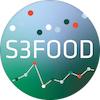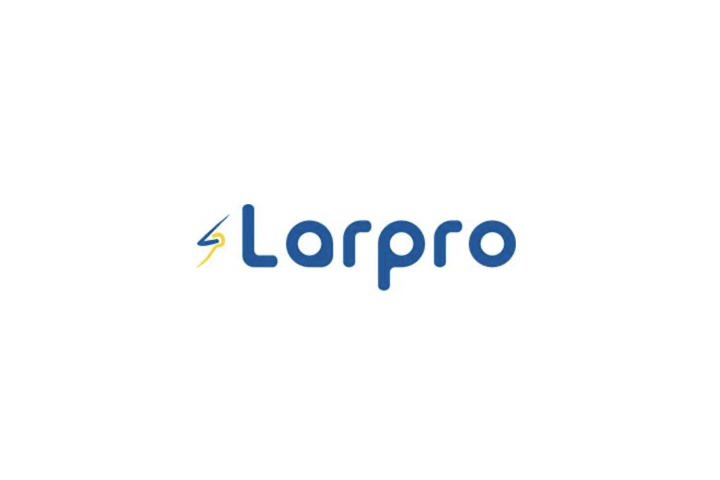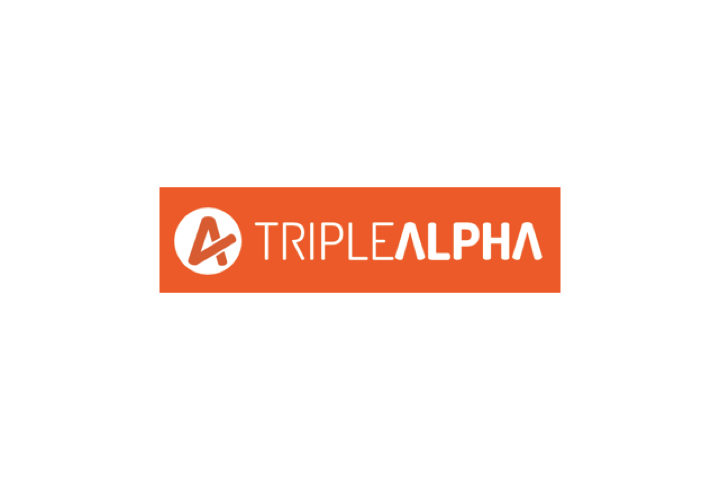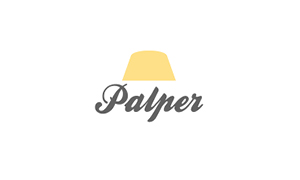The upstream connection to safe, high-yield tuna
Canned tuna is, by volume, the most consumed fish in Europe. For all involved from fishing to canning, there is a mutual interest in maximising yield while ensuring food safety. Larpro Engineering and Triple Alpha have recognised an unmet need for an upstream monitoring platform that can monitor and verify critical parameters throughout the supply chain.
In this S3FOOD project, the partners will demonstrate and validate a platform that integrates data from a wide range of smart sensors. The objective is to link post-harvest parameters – such as freezing gradients, storage temperature and salinity – with critical food safety and yield parameters in processing.
Although tuna is the current focus, the platform will be easily applicable to other seafood chains and could also be adapted to meat, pork and poultry.
Larpro and Triple Alpha are both companies that develop advanced systems and software solutions for the food industry. Jealsa Rianxeira is supporting the project.
Final report summary
The first step of this validation project was to identify key quality variables in canned fish production, such as degradation, honeycombing, oxidation and histamine formation. These variables were then measured in the tuna packing process at the canning plant. Collaboration with University of Vigo supported the task of defining process parameters with an influence on KPIs.
All tests were conducted in laboratory conditions at ANFACO-CECOPESCA, located on the University of Vigo campus, and at the manufacturing plant of Jealsa Rianxeira, a family-owned business with more than 60 years’ experience in the fish packaging industry. Due to a lack of fresh skipjack tuna, the tests were run on Atlantic horse mackerel, which has a similar size and anatomy.
The project milestones were as follows:
- Validation of sensor parameter compliance acceptance intervals and thresholds
- Validation of functional modules of the cloud platform
- Complete validation of the SAFETRACK platform
After an exhaustive analysis of IOT sensors, it was decided to limit the project to temperature logging sensors. Once obtained, the temperature data was integrated with Jealsa Rianxeira’s manufacturing execution system (MES) and enterprise resource planning system (ERP) and visualised via the SAFETRACK cloud platform.
The aim of the project was to establish the primary value chain conditions – such as liquid, temperatures, humidity, processing, transportation times and so on – that influence the number of cans produced for each kilo of mackerel/tuna fished. Through this data analysis, manufacturers can improve production efficiency and yield.
The system is now in operation at Jealsa Rianxeira, which estimates annual savings of around €300,000. It has been a commercial success for the IT companies as well, with Triple Alpha increasing its turnover by 45% and staff numbers by 25%.





